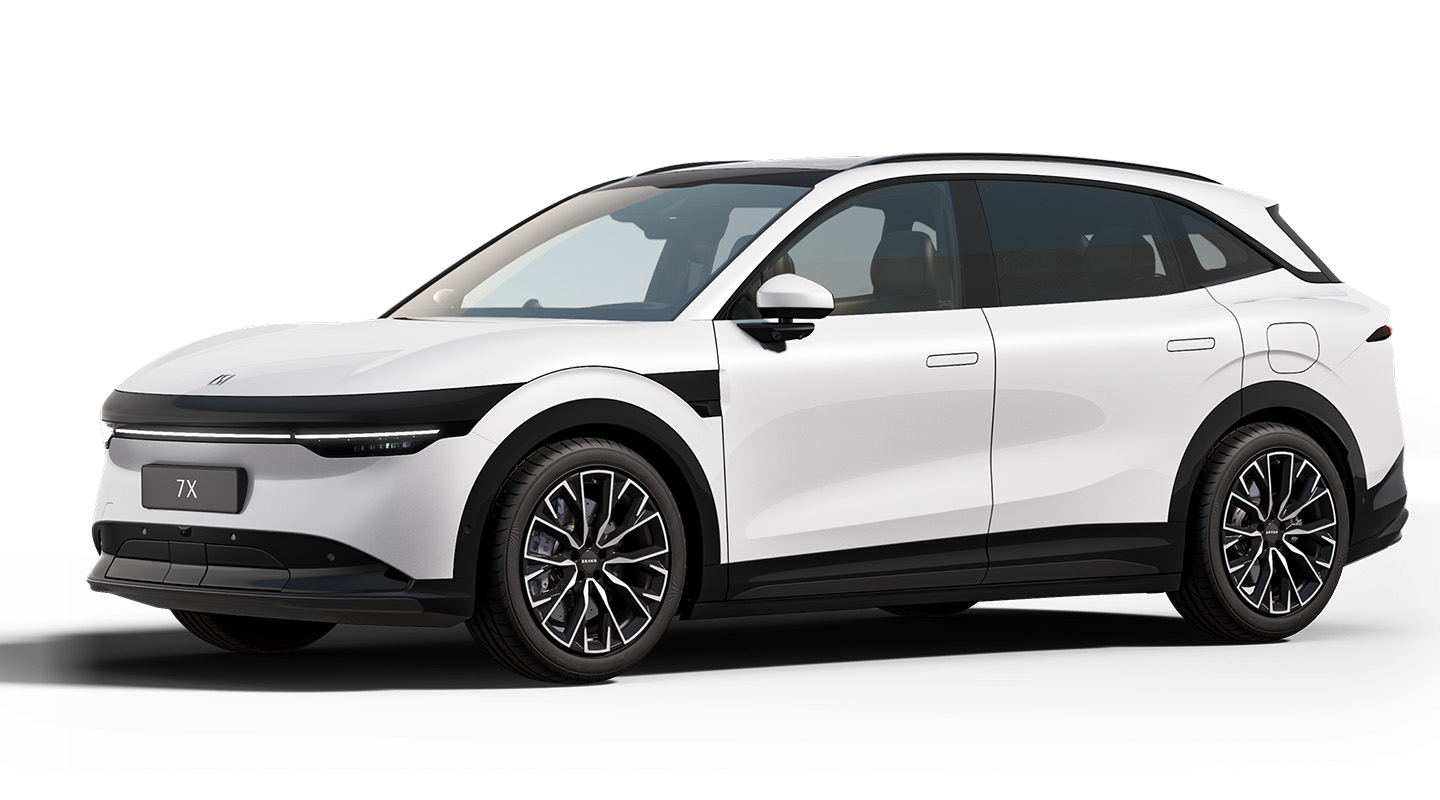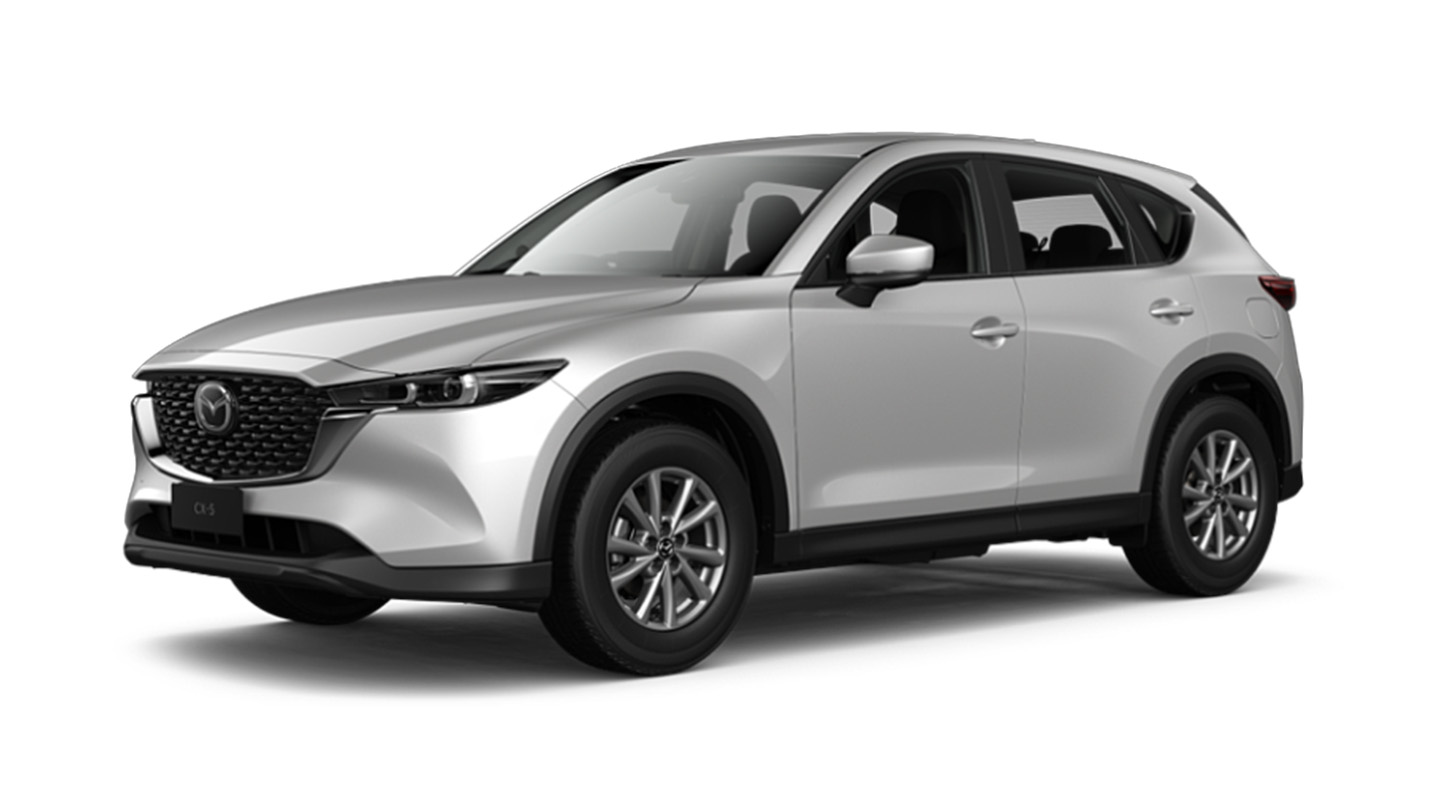

Save Thousands on Your Car with a Novated Lease









Choose the Car You Want to Salary Package through a Novated Lease
New, Used, or your Own.
One of the biggest advantages of novated leasing is flexibility. Whether you’re looking for a brand-new car, a quality used vehicle, or even want to salary package your existing car, there are options to cover anyones needs.
New Cars

With Clear Lease negotiating the purchase, many drivers get access to special Fleet discounts and full manufacturer warranties with this option.
The most commonly novated new cars are EV's, given that they are 100% pre-tax and offer the largest tax savings.
Used Cars

With used cars, the key requirement is that the vehicle meets age and financing criteria - typically, it shouldn’t be older than 12 years at the end of your lease term.
This option can be a smart way to access novated leasing benefits while really reducing the finance amount, by getting a vehicle at a steal of a price because it's already left the dealership.
Your Current Car

You can novate your existing vehicle by refinancing it under a novated lease structure. The equity you have in your car becomes a potential cash lump sum, and the refinanced amount and runnings costs start getting paid pre-tax.
This lets you get the benefits of salary packaging on your current car.
Browse by car
Our most popular novated lease deals in Australia
From sleek sedans to rugged utes - check out the how a novated lease works on the cars our drivers have been loving most this year.

Tesla Model Y

Novated Leasing Compared vs a Loan & Buying Outright
Novated leasing can outsmart even outright purchases.
The savings increase when the car is electric (as EV's are 'FBT Exempt', meaning 100% of the car costs are paid by your pre-tax dollars). If the car is not electric, only a portion of the car costs can be paid with pre-tax dollars and savings decrease.
The savings also increase with kilometers driven (more running costs/maintenance being pre-tax), and of course the higher your current tax is bracket is, the more valuable it becomes.

Polestar 2

Assumptions:
Term: 5 year loan/lease/running costs
Salary: $120,000. Which means you would normally pay $562 in tax per week.
KM’s Driven/Year: 10,000km’s. Which means the Polestar 2 would cost you ~$93/week for running costs (Registration, Insurance, Charging, Maintenance & Repairs, etc)

Mazda CX-5 Sport
Assumptions:
Term: 5 year loan/lease/running costs
Salary: $120,000. Which means you would normally pay $562 in tax per week.
KM’s Driven/Year: 10,000km’s. Which means the Mazda CX-5 Sport would cost you ~$108/week for running costs (Registration, Insurance, Fuel, Maintenance & Repairs, etc)
How a Novated Lease means less tax and more car for your money
Novated Leasing is a form of salary packaging, instead of paying for your car and running costs from your take-home pay, your employer covers them before tax is taken out. This lowers your taxable income, meaning you pay less tax and take home more money - without changing your salary.
With Clear Lease, a portion of your car expenses (fuel, maintenance, insurance) comes out of your pay before tax. If you drive an EV, you can even pay 100% of your car costs this way, making the savings even bigger.
Most of our drivers see a 10-30% boost in take-home pay just by salary packaging their car.
Without a Novated Lease:




With Clear Lease:




The Process: Getting Started with Clear Lease
The Three Steps to Savings

1. Pick the Car
To squeeze the most value out of Novated Leasing, the new car should be under the Luxury Car Tax threshold ($91,387 for EV's, $80,567 for Fuel Cars).

2. Calculate your Savings
Once you've left us your details, our team members will reach out to make sure the car is fit for a novated lease, meeting all criteria, find the best finance rate, and prepare a lease proposal for you.

3. Accept Proposal & Start Saving
From start to finish this can all happen as quickly as 1-2 business days.
Built for Business Too.
Perks this good don’t fly under the radar. Reward your team with novated leasing that’s easy to understand, easy to love, and easy on admin. Join over 900 Australian businesses putting their team first with Clear Lease.
What Makes Clear Lease Different?
Hundreds of Australian Drivers are moving to Clear Lease for better service.
Clear Lease is proudly Australian family owned and operated, and founded on outstanding service. That means no hidden fees, no nonsensical clauses designed to trip you up, and if your car ever has an issue we measure our resolution time in minutes, not weeks.






WITHIN 3 DAYS





















































































Curious what Clear Lease could save you in tax?
And when Novated Leasing comes from Clear Lease, you'll never have to worry about slow, frustrating service again.







Frequently Asked Questions:
The Luxury Car Charge is a salary deduction used to offset the extra tax your employer pays when you lease a car above the ATO’s luxury car depreciation limit. It helps them recover the shortfall from reduced tax deductions.
Please note, this is completely separate from the Luxury Car Tax (LCT).
FBT is a tax (with a rate at 47%) applied to fringe benefits (incentives beyond salary/wages received from an employer). A non-electric car under a novated lease is a fringe benefit (electric cars are completely FBT exempt in Australia).
The employer is responsible for paying the FBT, but at Clear Lease - we use the employee contribution method (contributing post-tax funds) to offset any FBT to zero.
Our regular novated lease package (fully-maintained) usually includes your car lease repayments, fuel/charging, servicing, maintenance & repairs, registration, insurance, and tyres - all bundled into a single pre-tax deduction.
Yes, but it’s treated as a financial termination. You'll need to pay out the remaining lease value (and any fees), and you may lose some tax benefits. Talk to us to get a payout quote from your financier.
No, when your employer leases the car, they claim the GST credit, meaning you don’t pay GST on the purchase price. The same applies to most running costs. You will, however, pay GST if you buy the car at lease end.
Yes, if you’d like to keep the car, you simply pay the residual value set at the beginning of the lease. You can pay this from your personal funds, or refinance it separately. Once paid, the car is yours. You can also sell or trade it in and start a new lease.
Yes, if your new employer supports novated leasing, you can transfer your lease by signing a new agreement. If they don’t, you’ll need to make private repayments, refinance, or consider ending the lease.
Your lease doesn’t end if you change jobs. You can either transfer it to your new employer, pay privately until the lease ends, or choose to end the lease early.
Cars that are too old, unroadworthy, imported, heavily modified, or intended for commercial use typically don’t qualify for novated leasing. Motorcycles are also excluded under current ATO guidelines.
Luxury Car Tax (LCT) applies to vehicles that exceed the government’s set price thresholds. For the 2025–26 year, it’s $80,567 for standard vehicles and $91,387 for fuel-efficient ones. If your lease includes a car above these values, LCT may be added to your lease costs.
Please note: This is very different to the Luxury Car Charge (LCC).




























